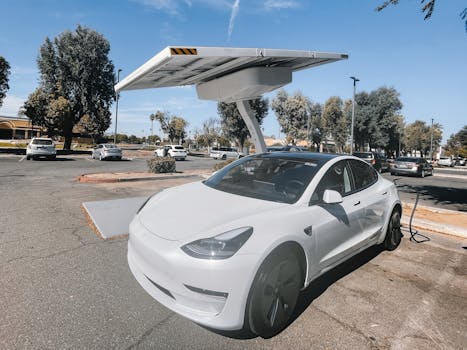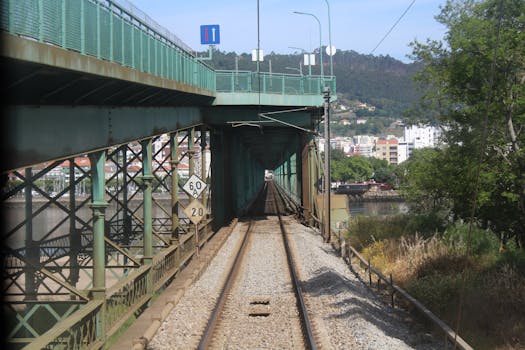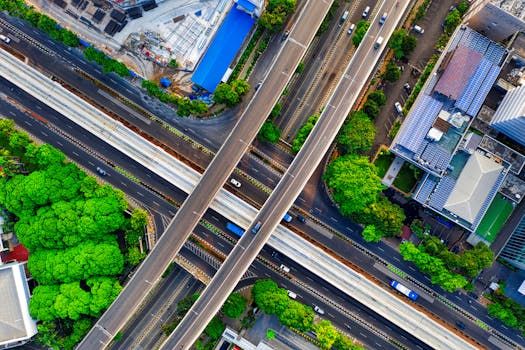
Smart Cities: Urban Trends for 2025
Smart Cities are revolutionizing the way we live, work, and interact with our urban environments. As we approach 2025, it’s essential to understand the latest urban trends that are shaping the future of our cities. In this article, we’ll explore the focus keyword Smart Cities and delve into the innovative technologies, sustainable practices, and cutting-edge infrastructure that are transforming our cities.
Introduction to Smart Cities

A Smart City is an urban area that uses information and communication technologies (ICT) to enhance the quality of life for its citizens, improve the efficiency of services, and reduce costs. The concept of Smart Cities has been around for decades, but recent advancements in technology have accelerated its development and implementation. From smart transportation systems to green infrastructure, Smart Cities are becoming increasingly sophisticated and efficient.
Urban Trends for 2025

So, what are the urban trends that will shape the future of our cities in 2025? Here are some of the most significant developments:
- Smart Transportation: Electric and self-driving vehicles, hyperloop systems, and advanced public transportation networks will reduce congestion, emissions, and travel times.
- Green Infrastructure: Urban forests, green roofs, and vertical farming will help mitigate the urban heat island effect, improve air quality, and enhance biodiversity.
- Energy Efficiency: Smart grids, renewable energy sources, and energy-efficient buildings will reduce energy consumption, lower emissions, and promote sustainability.
- Waste Management: Advanced waste collection systems, recycling facilities, and waste-to-energy plants will minimize waste, reduce landfill usage, and promote circular economies.
- Public Safety: Intelligent surveillance systems, emergency response systems, and data analytics will enhance public safety, reduce crime rates, and improve emergency response times.
Benefits of Smart Cities

So, why are Smart Cities important? Here are some of the benefits:
- Improved Quality of Life: Smart Cities offer enhanced public services, improved transportation, and increased access to education, healthcare, and entertainment.
- Increased Efficiency: Smart Cities reduce energy consumption, waste, and emissions, making them more sustainable and environmentally friendly.
- Enhanced Economic Competitiveness: Smart Cities attract businesses, talent, and investment, driving economic growth and development.
- Better Public Safety: Smart Cities improve public safety, reduce crime rates, and enhance emergency response times.
Conclusion

In conclusion, Smart Cities are the future of urban development, and 2025 will be a pivotal year for their growth and implementation. As cities become increasingly sophisticated and efficient, it’s essential to stay informed about the latest urban trends and technologies. By understanding the benefits and developments of Smart Cities, we can work together to create more sustainable, efficient, and livable urban environments for generations to come.





